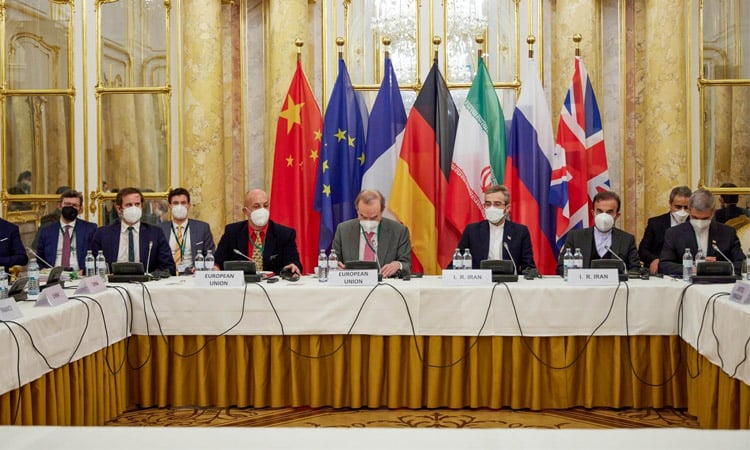News Flash
News Flash

VIENNA, Oct 18, 2025 (BSS/AFP) - A landmark 10-year deal world powers signed with Iran to rein in its nuclear programme officially ends Saturday.
But the deal began to fall apart years ago, and wide-ranging UN sanctions were reimposed last month on the Islamic republic, effectively burying the agreement but creating space for something new, according to experts.
- What does 'Termination Day' mean? -
The deal's "termination day" was set for October 18, 2025, exactly 10 years after the adoption of resolution 2231, with which the UN Security Council enshrined it.
Officially known as the Joint Comprehensive Plan of Action (JCPOA), the agreement between Iran and China, Britain, France, Germany, Russia and the United States saw the lifting of international sanctions against Iran in exchange for restrictions on Tehran's nuclear programme.
But Washington left the deal in 2018 during President Donald Trump's first term in office and reinstated sanctions. Tehran then began stepping up its nuclear programme.
Talks to revive the agreement have failed so far, and in August, Britain, Germany and France triggered the so-called "snapback" process, leading to the re-imposition of the UN sanctions.
"Termination day is relatively meaningless due to snapback," Arms Control Association expert Kelsey Davenport told AFP.
A diplomat close to Iran's nuclear issues told AFP that Iran would mark termination day with a statement Saturday at the UN in New York.
- Where are we now? -
Though "lifeless" for years, snapback "officially buried" the nuclear deal, with "its sorry fate continuing to cast a shadow over the future", said Ali Vaez, the International Crisis Group's Iran project director.
Western powers and Israel have long accused Iran of seeking to acquire nuclear weapons, a claim Tehran denies.
Nuclear talks between Iran and world powers are currently deadlocked.
"Iran remains sceptical of the utility of engaging with the US given its history with President Trump, while Washington still seeks a maximalist deal," Vaez told AFP.
On Monday, Trump said that he wanted a peace deal with Iran, but stressed the ball was in Tehran's court.
Tehran has repeatedly said it remains open to diplomacy with the United States, provided Washington offers guarantees against military action during any potential talks.
The US joined Israel in striking the Islamic republic's nuclear sites during a 12-day war in June.
The three European powers also last week announced they will seek to restart talks to find a "comprehensive, durable and verifiable agreement".
Iranian top diplomat Abbas Araghchi said during an interview last week that Tehran does "not see any reason to negotiate" with the Europeans given they triggered the snapback mechanism.
- What's next? -
Despite the challenges, the death of the 2015 deal "creates space to explore creative solutions to the Iranian nuclear crisis", analyst Davenport said.
"Diplomacy remains the only viable option to reduce Iran's proliferation risk in the long-term," she added.
But she warned the more time elapsed, "the more challenging it will be to negotiate a deal down the road and the greater the risk of conflict re-erupting".